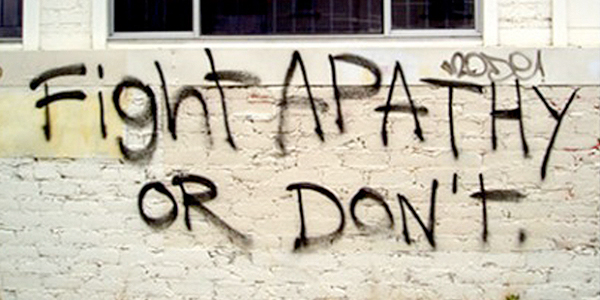
The recent viral video on YouTube of a two year-old girl in China being run over and ignored by as many as 18 people definitely stirs up a lot of emotions. But what is more appalling is seeing the finger-pointing in the comments of the video, its mirrors, and from various shares on the web.
“I hate Chinese people”, said one commenter. It is easy to lay blame without asking questions as to how and why abhorrent events like this can occur daily. However, this is no excuse to resort to bigoted judgments against Chinese people.
“Due to the underdeveloped legal infrastructure in China, there are disincentives to be a Good Samaritan”, said one Chinese specialist at UCSD’s International Relations and Pacific Studies, who spoke on condition of anonymity. “It is a widely held view that if you come to a stranger’s aid, you often can be the suspected criminal and prosecuted for the damages, and this view is supported by many cases of innocent people being blamed and charged with crimes they never committed.”
It’s an international issue as well, and just as easily as some people have accused China and Chinese as being cold, apathetic, and lacking in compassion, there is a parallel problem here in the United States.
The Kitty Genovese case in New York City in 1964 is a prime example of this, in which 38 witnesses watched and neither came to her aid or called for help. Sadly, this is not a thing of the past—it happens every day, which those who live in major urban cities from places like Los Angeles, Vancouver, London, and Shanghai.
Throw in the issue of bigotry as opposed to taking individual accountability, initiative, and responsibility, and suddenly, it’s not our fault, it’s nobody else’s problem but the person being affected (in this case, baby Yue Yue), and the juvenile response is to conclude and dismiss it as being the fault of an entire city, state, or race of assholes.
So what do we do? Apathy is a world-wide issue, and bigotry is its evil in-law, married by the church of stupidity that many unknowingly are members of. So the next time you see a fight on the streets, hear your neighbors screaming, or a man lying on the street, what are your choices? It’s a different story when you’re actually in a situation, and more often than not, what you think you will do is different from what you would actually do.
But a key point to remember is this: there are always more choices than inaction, and personal consequences should never stop you from doing the right thing if being sued by the person you are helping is the one thing that stops you. Besides: the Good Samaritan law doesn’t just protect you in some states (such as California and Nevada), you can actually be fined for a petty misdemeanor by not fulfilling your duty to assist in places like Vermont.
The power to choose is yours.
ABOUT THE AUTHOR: Johnny C grew up in Hong Kong, Manila, and the U.S., which has led him to conclude that stupidity has no single nationality, race, or creed. He is currently a graduate student at UCSD’s School of International Relations and Pacific Studies focusing on Human Rights and Sustainable Development, and aims to use this expertise to raise awareness on global issues and call people to take action. He is now preparing for a trip to Thailand in December 2011 to do his first mini-documentary on sex slaves, human trafficking, and why parents choose to sell their children into prostitution. You can follow his project blog at johnnycrockstheplanet.
wordpress.com .








